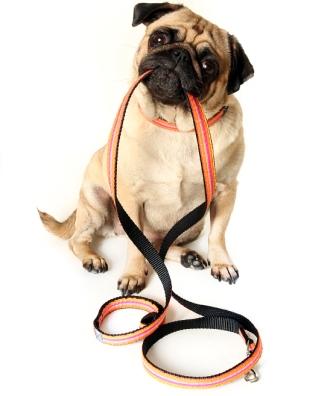We're here to take your call Monday - Friday 10am - 5pm | CONTACT US
OFFICE: 01296 323000 | MOB: 07542 131400 | EMAIL [email protected]
We're here to take your call Monday - Friday 10am - 5pm | CONTACT US
OFFICE: 01296 323000 | MOB: 07542 131400 | EMAIL [email protected]
Puppies come with a set of pre-installed behaviours: urinating and defecating when they feel the urge, chewing anything they can put in their mouths, whining, crying and barking if they find themselves alone, eating any food they encounter (not to mention many NON-food items!), greeting by excitedly jumping up, and play-biting all living things. These are all normal behaviours for any puppy or untrained adult dog. Notice that there is little on this list that humans are likely to approve of.
In order to have a dog that chews only his own toys, eliminates outside, can relax alone quietly, greets without jumping up and plays without being mouthy, the onus is on us humans to mould the dog’s behaviour. Puppies need management and the safest policy with newly adopted dogs is to treat them as though they were puppies too.
